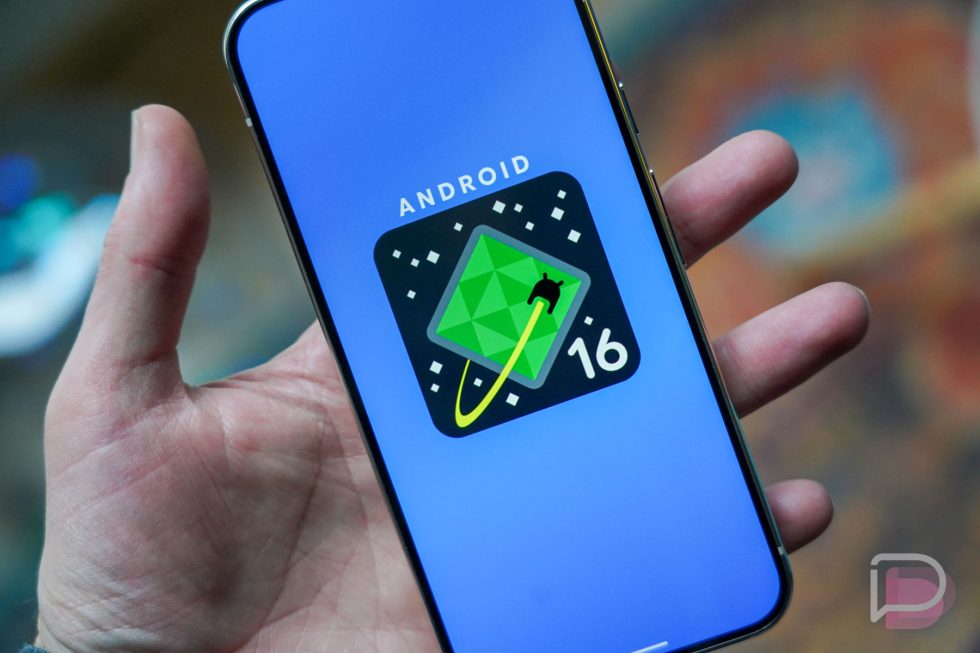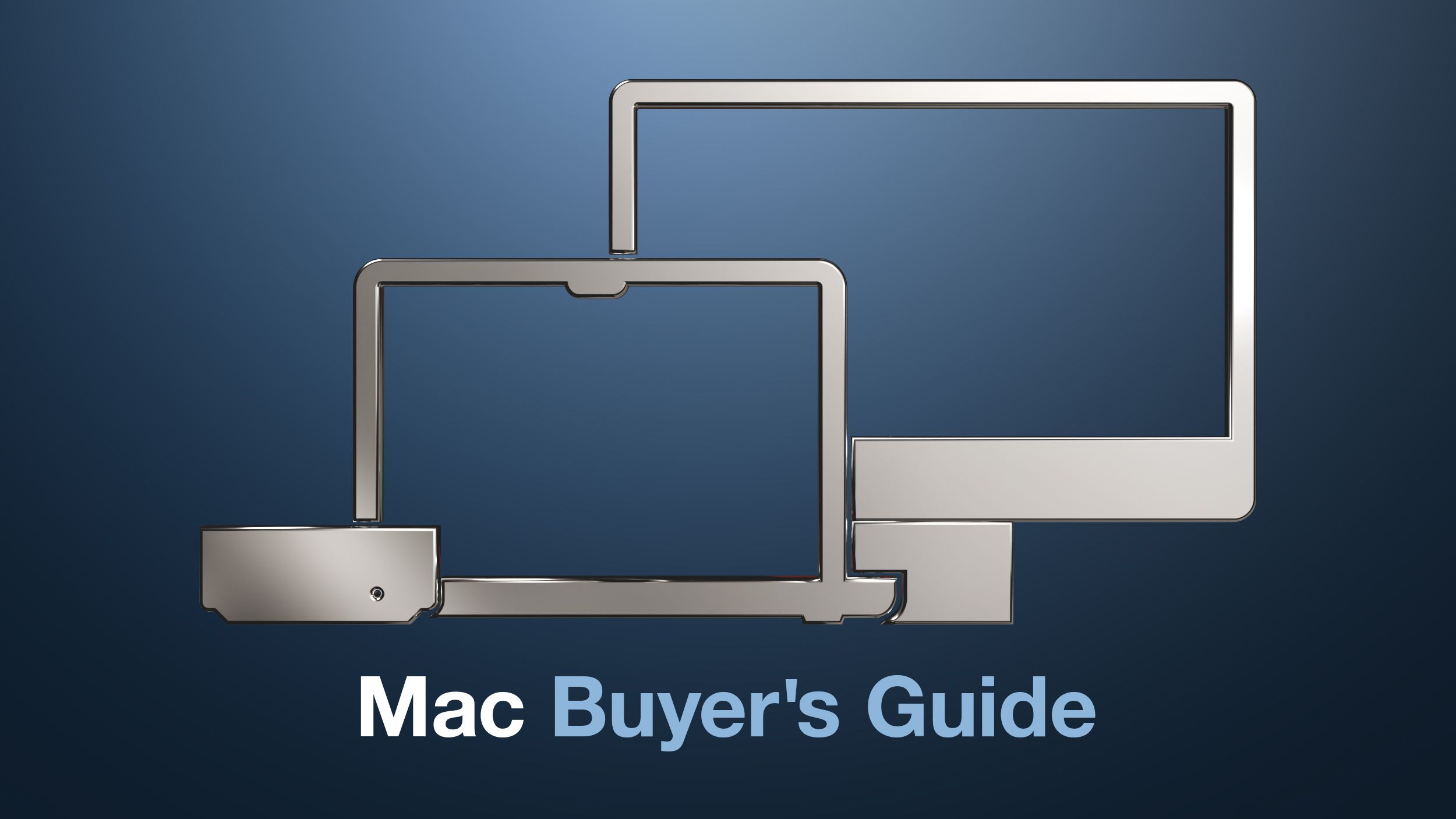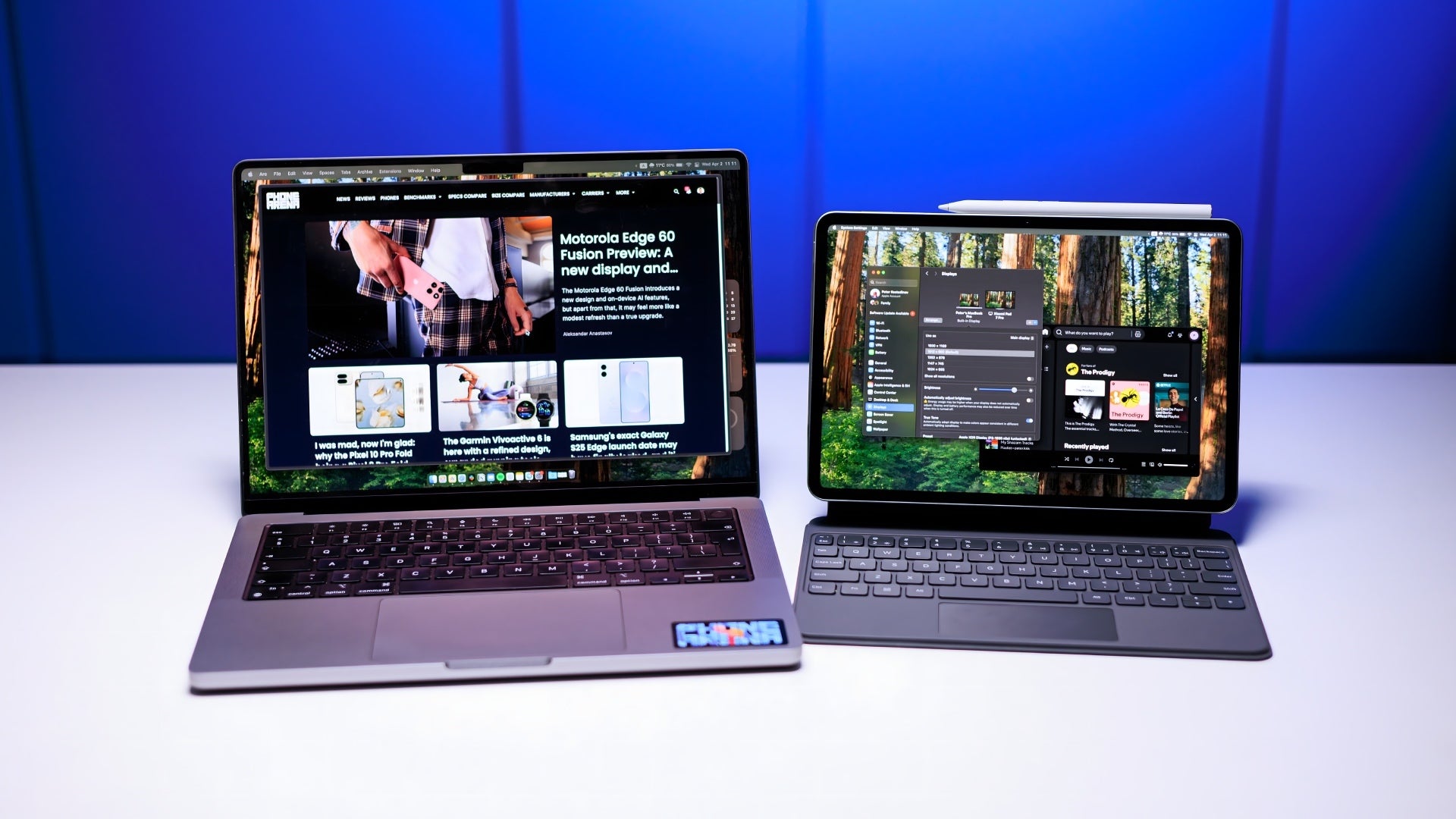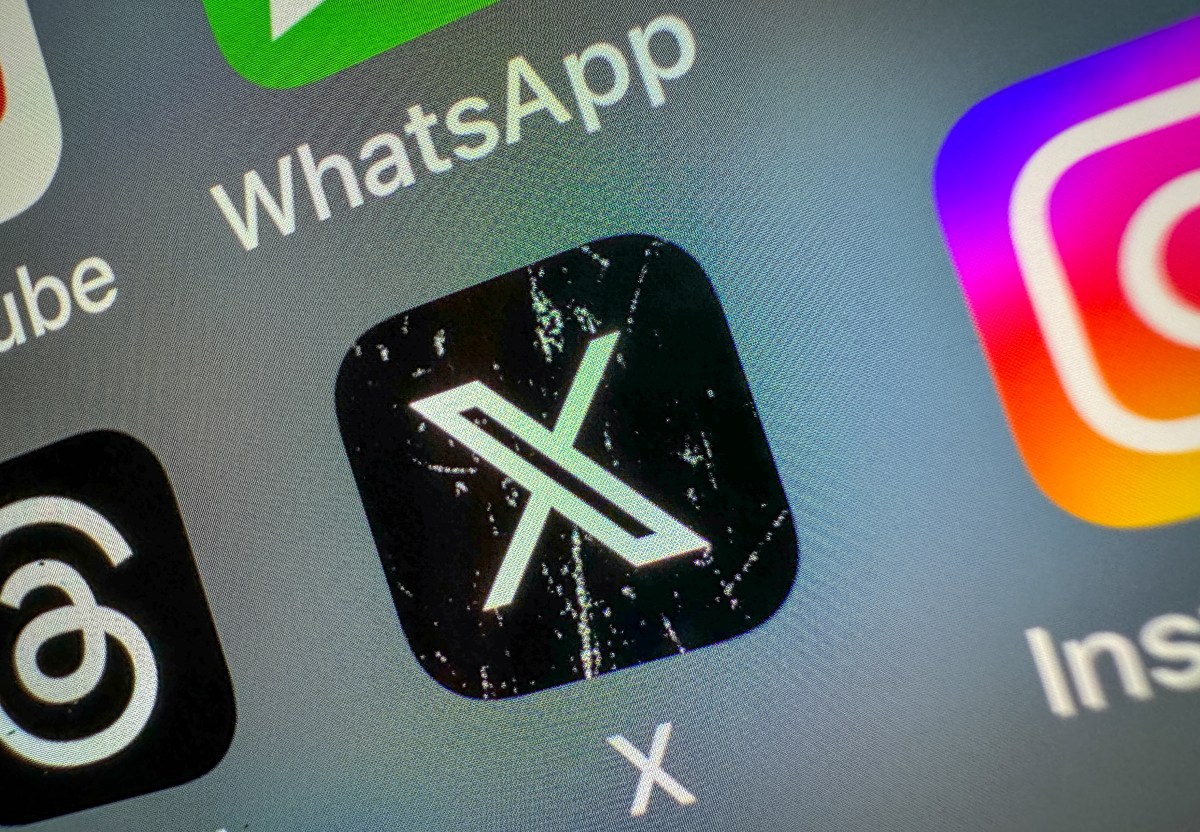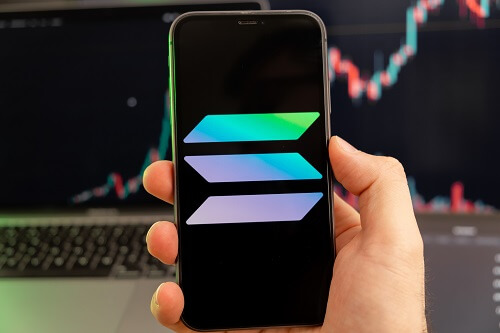Best Mobile Recharge Business Models for Entrepreneurs
Looking to start a mobile recharge business? Discover the best business models, from retailer-based to API-driven solutions, and choose the right one for your success.
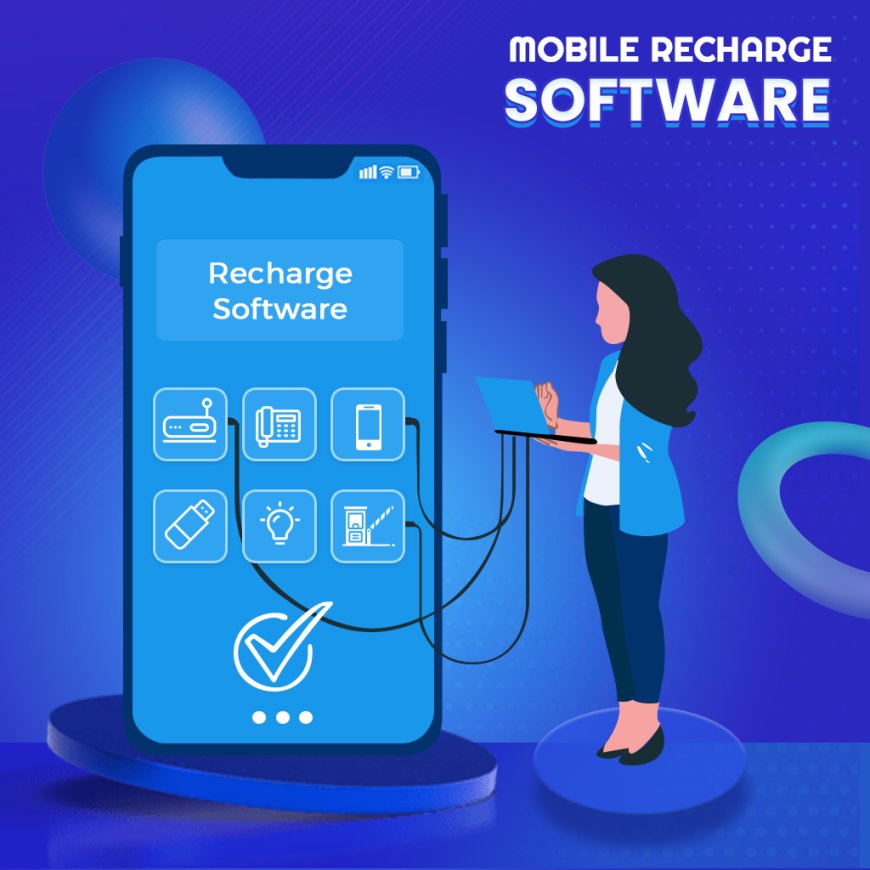
The mobile recharge industry is booming, thanks to the increasing demand for seamless digital transactions and online payment solutions. As an entrepreneur, entering the mobile recharge business presents a lucrative opportunity with multiple revenue streams. However, choosing the right business model is crucial to ensure profitability and sustainability.
In this article, we will explore the best mobile recharge business models for entrepreneurs, their advantages, and how you can start your own venture successfully.
Why Start a Mobile Recharge Business?
Before diving into business models, let’s understand why a mobile recharge business is a great entrepreneurial opportunity:
Top Mobile Recharge Business Models
1. Retailer-Based Mobile Recharge Business
In this model, an entrepreneur operates as a retailer, providing recharge services to customers through a physical store or an online platform.
How It Works:
Advantages:
✔ Low startup costs. ✔ Direct customer interaction builds trust. ✔ Can expand services for higher profits.
Challenges:
✖ Requires foot traffic for success in offline stores. ✖ Dependency on service providers for commission rates.
2. Distributor-Based Mobile Recharge Business
This model involves becoming a distributor who manages and supplies recharge credits to multiple retailers under a commission-based system.
How It Works:
Advantages:
✔ Higher commission earnings than retailers. ✔ Can manage multiple retailers, increasing profitability. ✔ Opportunities for regional expansion.
Challenges:
✖ Requires initial investment in bulk recharge credits. ✖ Managing multiple retailers requires operational oversight.
3. White-Label Mobile Recharge Business
A white-label solution allows entrepreneurs to launch a fully branded mobile recharge platform without developing the technology from scratch.
How It Works:
Advantages:
✔ Quick launch with minimal technical expertise. ✔ Full branding control. ✔ Scalable business model.
Challenges:
✖ Licensing and software fees may be required. ✖ Requires marketing efforts to build a user base.
4. Mobile Recharge API Business
Entrepreneurs who want to sell recharge services to retailers, distributors, or other businesses can opt for an API-based business model.
How It Works:
Advantages:
✔ Passive income from multiple businesses using the API. ✔ Ideal for fintech companies, travel agencies, and e-commerce platforms. ✔ Scalable and profitable with the right marketing strategy.
Challenges:
✖ Requires API integration knowledge or a developer’s assistance. ✖ Needs a strong marketing strategy to onboard clients.
5. B2B Mobile Recharge Business
The Business-to-Business (B2B) recharge model focuses on providing recharge solutions to enterprises, including telecom agents, financial service providers, and retailers.
How It Works:
Advantages:
✔ Higher revenue potential with multiple clients. ✔ Recurring income from retailers and agents. ✔ Scalable with nationwide or international expansion.
Challenges:
✖ Requires an efficient and reliable recharge platform. ✖ Customer support is essential for business clients.
6. Multi-Service Recharge Business
This model goes beyond just mobile recharges by incorporating DTH, electricity bill payments, insurance, and loan EMI payments.
How It Works:
Advantages:
✔ Diverse revenue streams. ✔ Attracts a larger customer base. ✔ Enhances customer retention with multiple services.
Challenges:
✖ Requires customer education about additional services. ✖ Needs a well-optimized recharge software platform.
How to Start a Mobile Recharge Business Successfully
Regardless of the model you choose, here are key steps to launch your mobile recharge business effectively:
1. Choose the Right Business Model
Analyze your budget, technical expertise, and target audience before selecting a business model that suits your needs.
2. Partner with a Reliable Service Provider
A good mobile recharge API provider or white-label solution provider ensures smooth transactions and high commission rates.
3. Develop an Online Platform
If launching a digital recharge business, invest in user-friendly mobile apps or websites for seamless transactions.
4. Implement a Marketing Strategy
Promote your business using SEO, social media marketing, and local advertisements to attract users and retailers.
5. Focus on Customer Support
Providing 24/7 customer support builds trust and enhances user experience, encouraging repeat transactions.
6. Ensure Security and Compliance
Integrate secure payment gateways and follow compliance regulations to safeguard customer data and transactions.
Conclusion
The mobile recharge business offers multiple opportunities for entrepreneurs, ranging from retail models to API-driven B2B solutions. Whether you’re looking for a low-investment startup or a scalable tech-based business, there is a suitable model to match your goals.
By choosing the right mobile recharge business model, leveraging the best mobile recharge software, and implementing effective marketing strategies, you can build a profitable and sustainable business in the ever-growing digital recharge industry.
Are you ready to start your mobile recharge business? Choose the best model and take your first step towards entrepreneurial success!














































































































































































![[The AI Show Episode 142]: ChatGPT’s New Image Generator, Studio Ghibli Craze and Backlash, Gemini 2.5, OpenAI Academy, 4o Updates, Vibe Marketing & xAI Acquires X](https://www.marketingaiinstitute.com/hubfs/ep%20142%20cover.png)

















































































































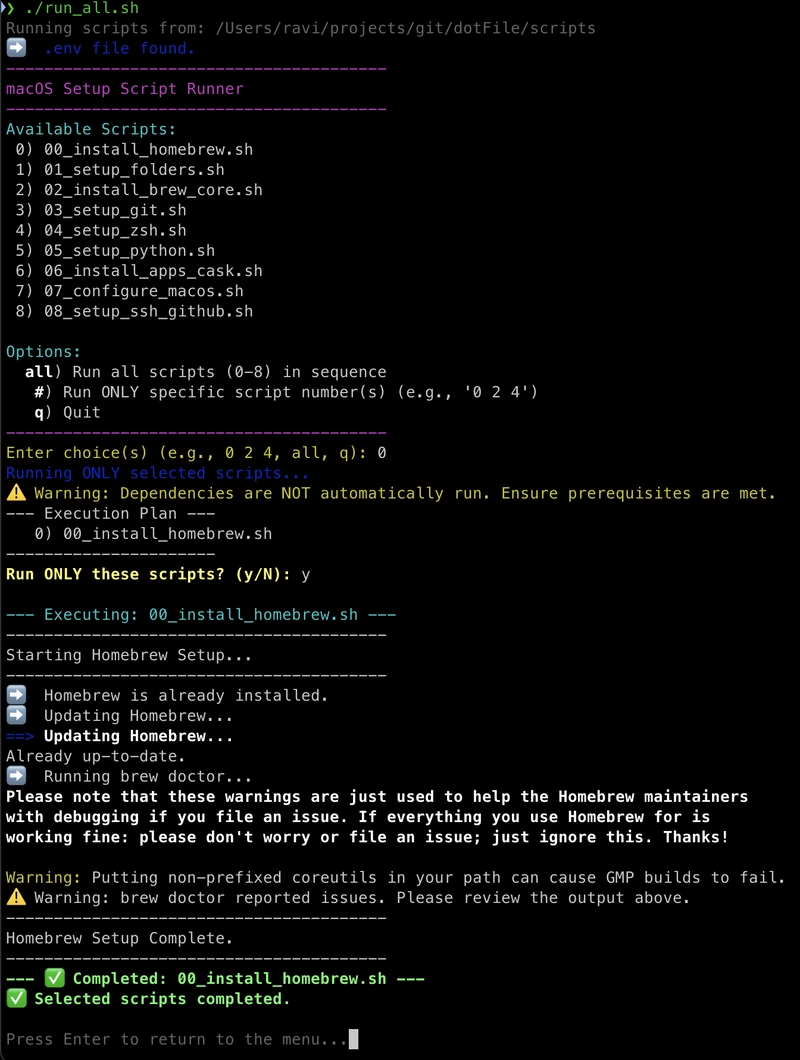













![[DEALS] Microsoft Office Professional 2021 for Windows: Lifetime License (75% off) & Other Deals Up To 98% Off – Offers End Soon!](https://www.javacodegeeks.com/wp-content/uploads/2012/12/jcg-logo.jpg)













































































































































_Anthony_Brown_Alamy.jpg?#)
_Hanna_Kuprevich_Alamy.jpg?#)




.png?#)









































































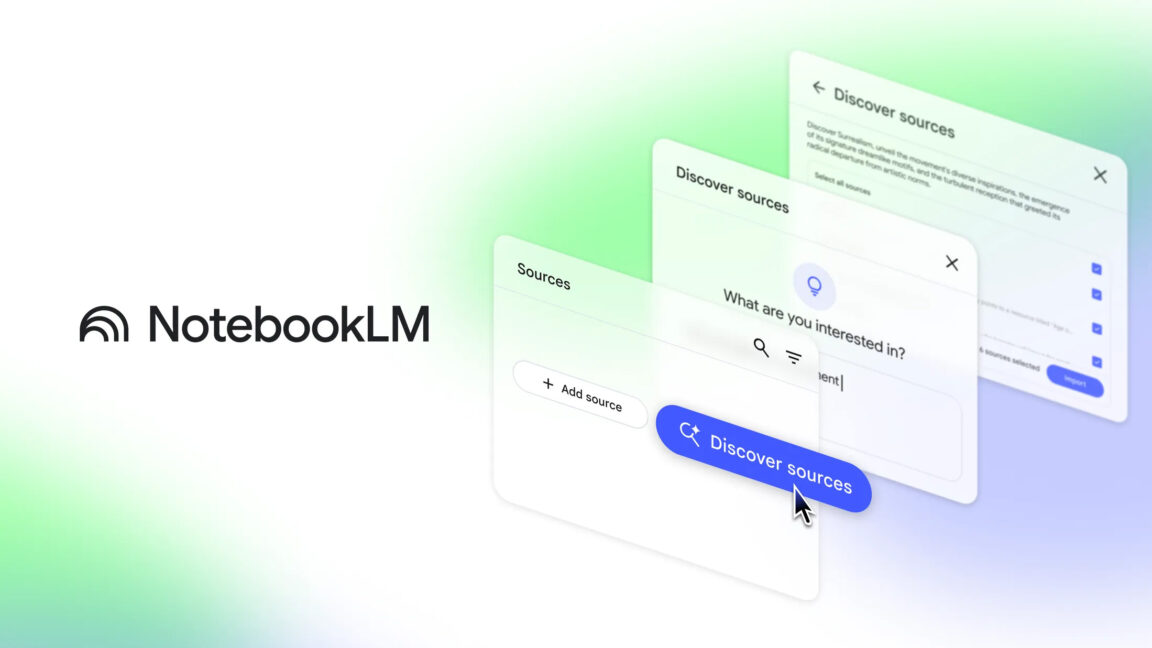









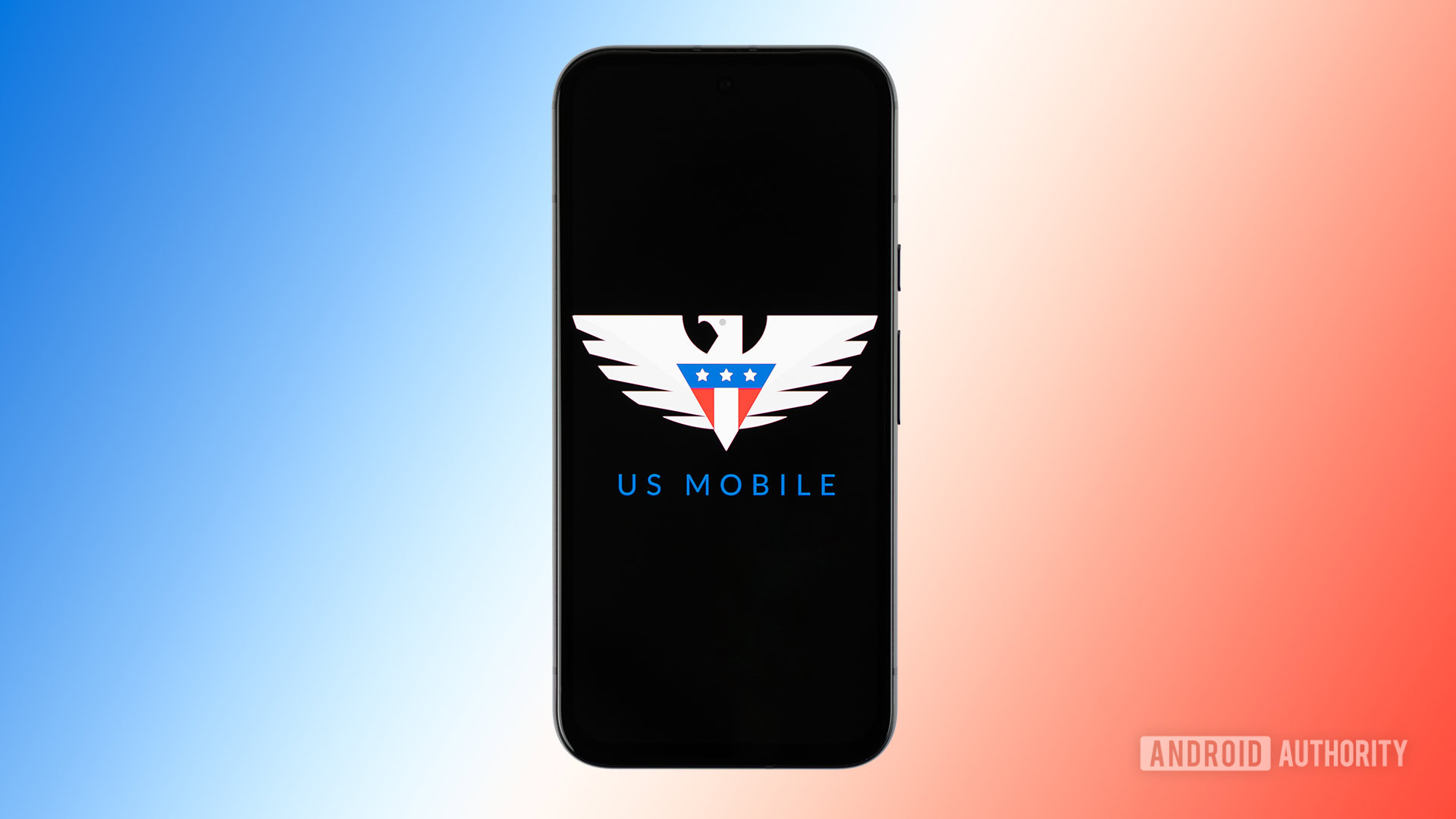





















![YouTube Announces New Creation Tools for Shorts [Video]](https://www.iclarified.com/images/news/96923/96923/96923-640.jpg)

![Apple Faces New Tariffs but Has Options to Soften the Blow [Kuo]](https://www.iclarified.com/images/news/96921/96921/96921-640.jpg)






















